 "Rock Me," Performed by Sister Rosetta Tharpe
"Rock Me," Performed by Sister Rosetta Tharpe
Entry Type: Thing
 "Rock Me," Performed by Sister Rosetta Tharpe
"Rock Me," Performed by Sister Rosetta Tharpe
Rock Region Metropolitan Transit Authority
aka: Central Arkansas Transit Authority (CATA)
Rock Town Distillery
 Rock Town Distillery
Rock Town Distillery
Rockabilly
 Rockefeller Program
Rockefeller Program
 Winthrop Rockefeller Campaign Sticker
Winthrop Rockefeller Campaign Sticker
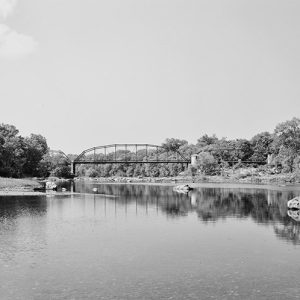 Rockport Bridge
Rockport Bridge
Rockport Cemetery
Rocks and Minerals
 Rocky Mountain Daisies
Rocky Mountain Daisies
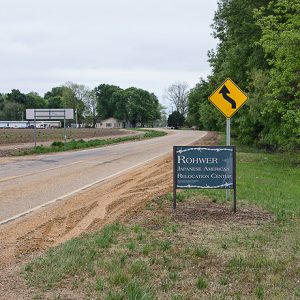 Rohwer Memorial
Rohwer Memorial
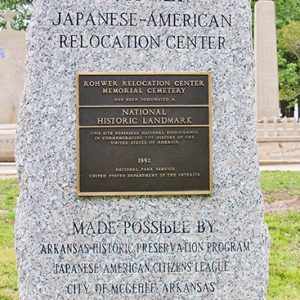 Rohwer Marker
Rohwer Marker
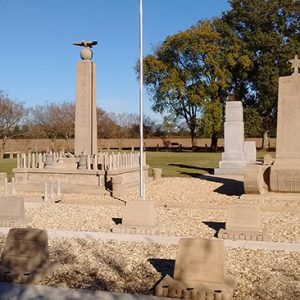 Rohwer Memorial
Rohwer Memorial
Roller Derby
 Romans Record
Romans Record
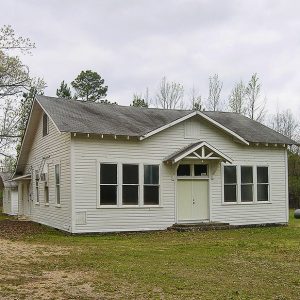 Ronoake Baptist Church
Ronoake Baptist Church
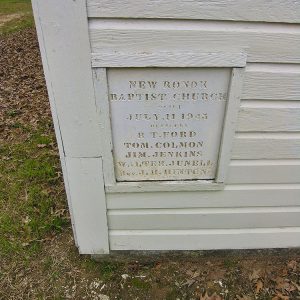 Ronoake Baptist Church Plaque
Ronoake Baptist Church Plaque
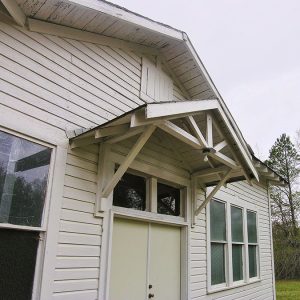 Ronoake Baptist Church
Ronoake Baptist Church
Ronoake Baptist Church
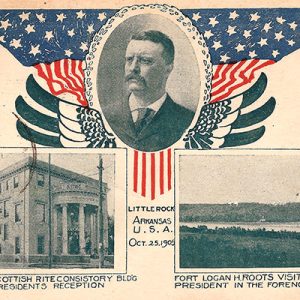 Roosevelt Visit
Roosevelt Visit
Rosalie Goes Shopping
Rose Hill Cemetery
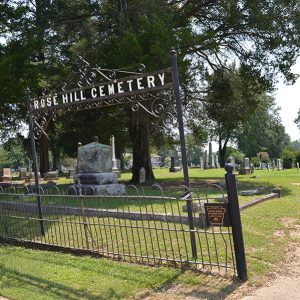 Rose Hill Cemetery
Rose Hill Cemetery
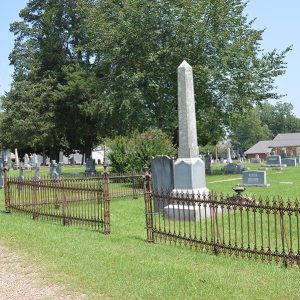 Rose Hill Cemetery
Rose Hill Cemetery
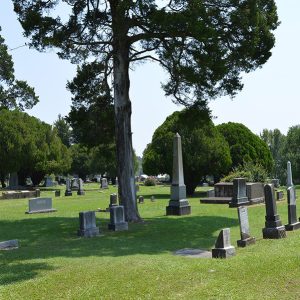 Rose Hill Cemetery
Rose Hill Cemetery
Rose Publishing Company
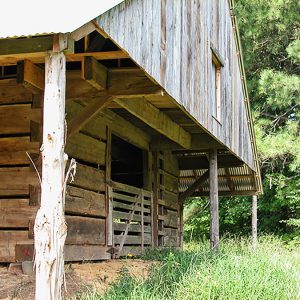 Rosedale Plantation Barn
Rosedale Plantation Barn
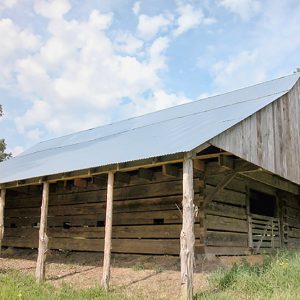 Rosedale Plantation Barn
Rosedale Plantation Barn
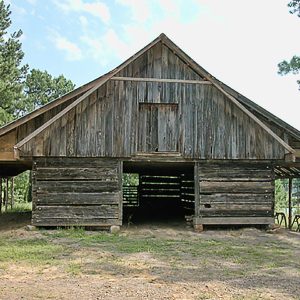 Rosedale Plantation Barn
Rosedale Plantation Barn
Rosedale Plantation Barn
Rosenwald School (Delight)
 Roses
Roses
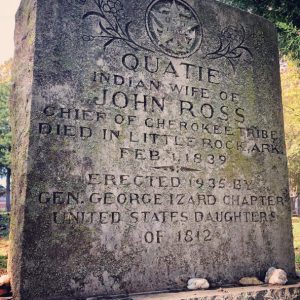 Quatie Ross Tombstone
Quatie Ross Tombstone
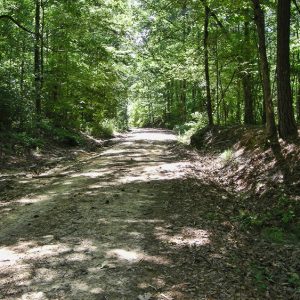 Rosston Segment
Rosston Segment
 Rotifer
Rotifer
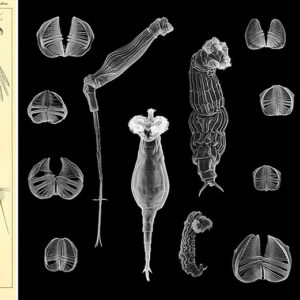 Rotifers
Rotifers
 Various Rotifers
Various Rotifers
Rotifers
aka: Wheel Animals
 "'Round Midnight," Performed by Walter Norris
"'Round Midnight," Performed by Walter Norris
Roundtop Filling Station
Rowland-Lenz House
 Royal Fern
Royal Fern
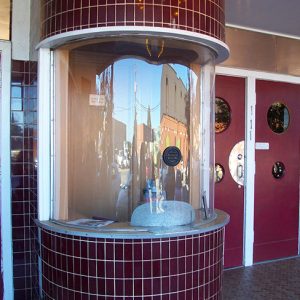 Royal Theatre Box Office
Royal Theatre Box Office
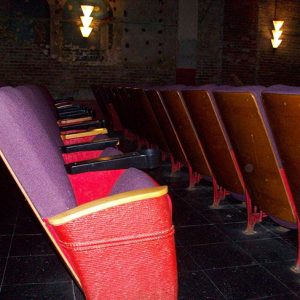 Royal Theatre Seats
Royal Theatre Seats
Royal Theatre
Rubella
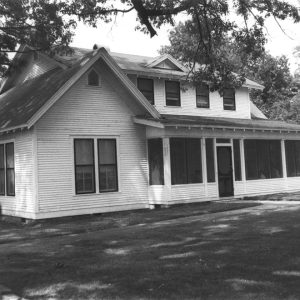 Rucker House
Rucker House
Rucker House
 Daniel Rudd Grave
Daniel Rudd Grave




